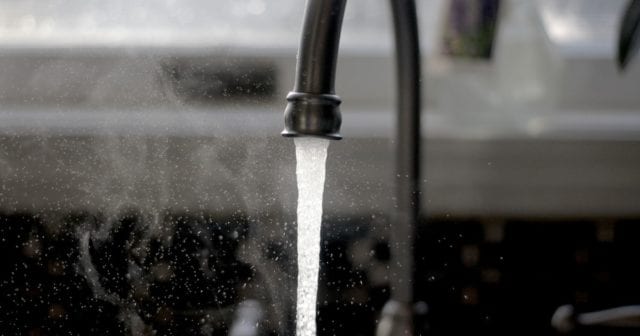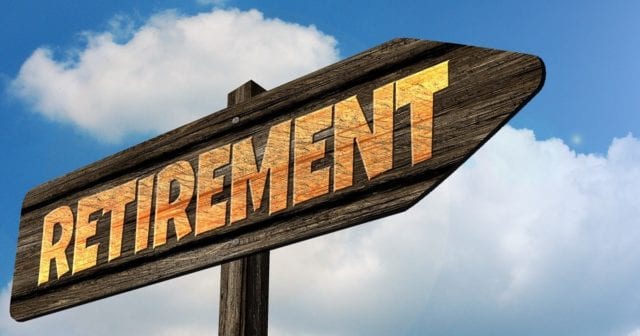With spring weather in the air, you might be thinking about spring cleaning. But it’s not just the garage, attic, or basement that could use some sprucing up. Make this the year you finally clean up your finances.
Organize Your Paperwork
If you’re the type to keep receipts and forms for years, decades even, now is the time to get organized. Look through what you have and shred whatever you no longer need. Receipts from the 90s can probably go. Whatever you keep is what needs to be organized.
You can go digital or you can keep it old school. A digital solution is to scan your receipts and paperwork and create files on your computer or save them to the cloud. The old school option involves a few three ring binders and sheet protectors or a three-hole punch.
Your most important papers — life insurance, living will, deeds, property titles, etc — need to be kept extremely secure. You can pay for a safety deposit box at the bank where they’ll stay safe no matter what. The other option that keeps them close by is to store them in a fireproof safe in your home.
Make a Budget and Then Use It
If you’re not sure where all your money is going or you feel perpetually behind on your debt, it’s time to make a budget. This means you need to write down everything — your sources of income and every expense. You may need to track your spending for a few days to get an idea of just how much you’re spending on lunches out or your favorite latte each day.
Once you can see exactly what’s coming in and going out, you can begin to make decisions about how to spend your money. You may choose to cut some of your extra spending so you can put more in savings. Or you may want to start paying down your debt. But without a budget, you’ll never know where your money is truly being spent.
Check Your Credit
Your credit impacts your entire financial life. Poor credit means you pay higher interest rates. It can also impact your insurance premiums or your ability to buy a home or car. Knowing what’s going on with your credit allows you to make better financial decisions.
Once a year you can request your full credit report from each of the three credit bureaus: Equifax, Experian, and TransUnion. Get your copy of each from AnnualCreditReport.com and look over it for errors or old debt you never paid. Work with the agencies to fix errors and use your new budget to figure out how to pay off your debt.
You may also be able to view your credit score at no charge and with no penalty to you through your bank or credit card company. If this is an option, you can watch how the financial changes you’re making are improving your credit and your financial health. Knowing your credit score may help you monitor your spending and get serious about dealing with your debt.
Review Your Insurance
If you looked at your budget and realized you need to make some cuts, your insurance might be the first on the chopping block. Reducing your coverage might seem like a cost-saver but it can end up costing you more if you get into an accident. Review your insurance for other ways to save instead.
Increase your deductible. An easy way to lower your premiums without cutting your coverage is to increase your deductible. Be careful with this, though. Your deductible should be something you can still afford to pay. Don’t make it too high or you’ll hurt your finances at the worst possible time.
Check for discounts. Work with an independent insurance agency like ours to make sure you’re getting all the discounts you’re eligible for. You may decide to bundle your home, auto, and other insurance to pay less for your premiums.
There are plenty of apps and websites to help you organize receipts, create a budget, and save money. To get help with your insurance, you need an insurance agent who has your best interests — and your budget — in mind. Contact Charlotte Insurance today to request an estimate for a new policy or to schedule an insurance review.








